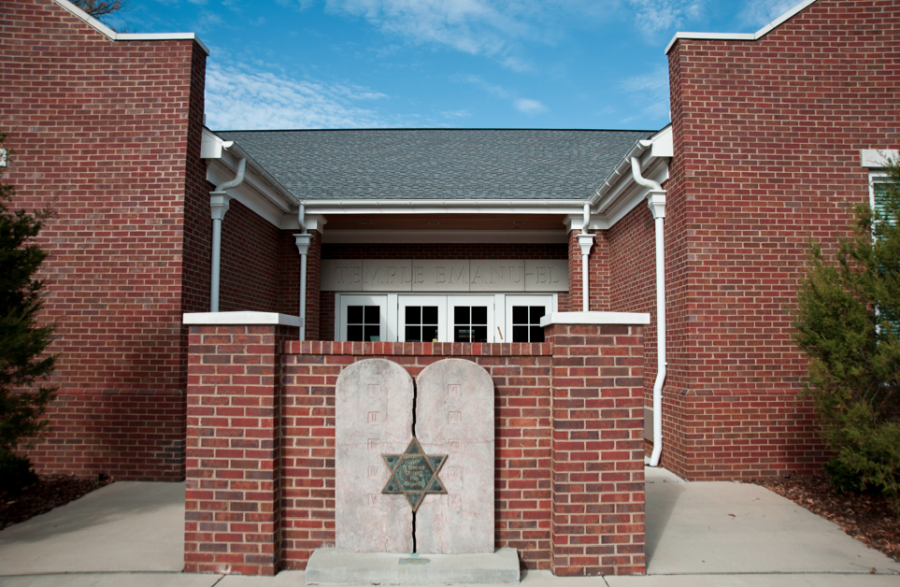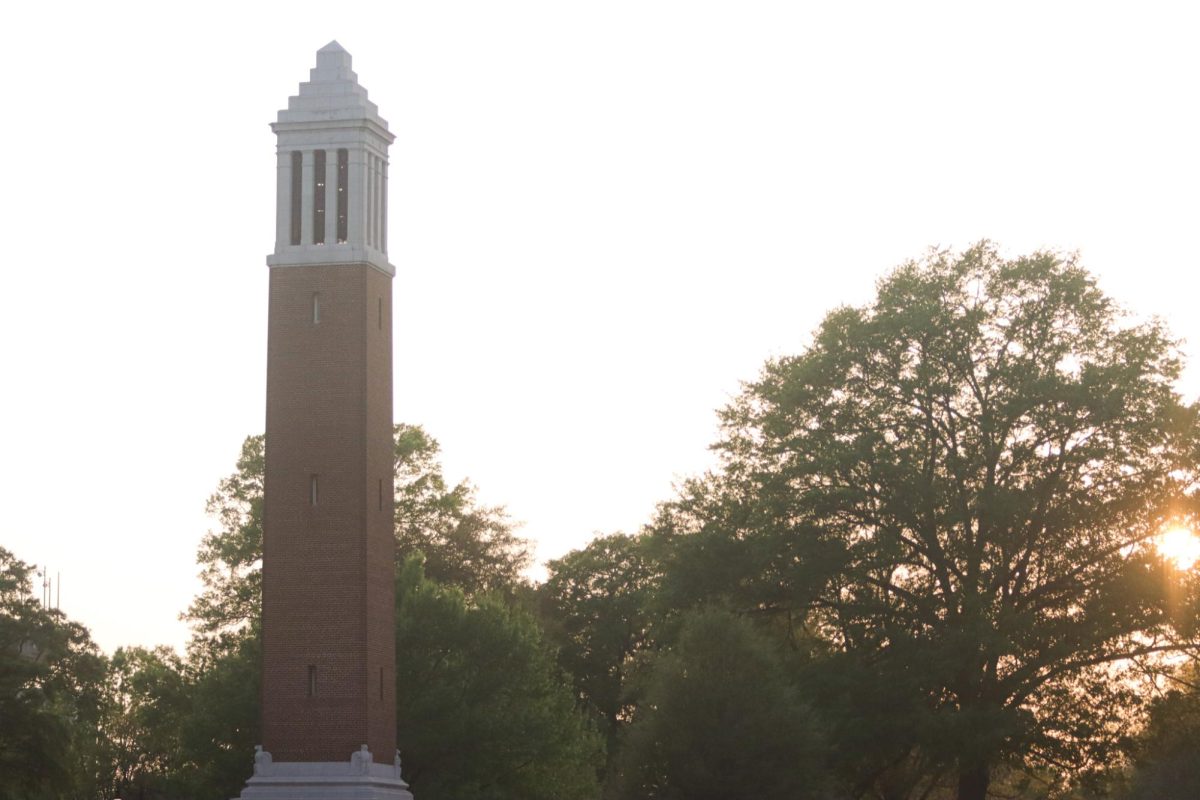Many Crimson Tide fans have that one thing they do or wear on Gameday for luck. For one Alabama student, this good luck charm stems from his faith.
Ben Flax, a sophomore majoring in religious studies, wears a kippah daily as part of practicing Judaism, but on Gameday, he wears a special one with the Alabama ‘A’ encrusted on the top.
“I found it in Jerusalem after we won the championship in 2009,” Flax said.
A kippah, also known by the Yiddish term yarmulke, is the Hebrew word for a small, rounded skullcap worn by Orthodox and Conservative Jewish men in the synagogue and at home.
“It comes from the Hebrew words meaning ‘acknowledging the angel,’ which is the idea that at all times, I’m making the realization that there is something above me,” Flax, who wears a kippah daily, said.
There are three different divisions followers of Judaism fall into: Orthodox, Conservative and Reform. Flax said he identifies with Traditional Conservative Judaism.
“I agree with the Conservative movement as it stood in the 1970s,” Flax said. “I’m supposed to pray three times a day, which I try to do, but usually, instead of doing a full recitation, I’ll choose certain ones that I prefer for the day or speak to an event that is going on especially right now where there is lots of stuff going in the Middle East, so I’ll say a prayer for the Israeli defense force and the state of Israel every day.”
Amy Ackerman, a sophomore majoring in nonprofit management through the New College, said she identifies as a Reform Jew.
“To me, [Reform Judaism] is the chillest form of Judaism,” Ackerman said. “Practicing my faith to me means attending services during the holidays and having faith in God. I think everyone practices religion differently and no two people are ever going to pray and have faith the same way. Some Conservative and all Orthodox Jews keep kosher. They also might attend Shabbat services every Friday night and Saturday morning, but that is not the case for me.”
As a Reform Jew, Ackerman said she chooses not to keep kosher. Flax, on the other hand, said he tries to.
“What [keeping kosher] entails is that there are a list of animals I can and cannot eat,” Flax said. “With mammals, it’s any mammal that has split hooves or chews its cud or second stomach. These are herbivores, so cows, goats, sheep, giraffes; these are kosher and can be eaten. However, pigs, horses, dogs – those are not considered kosher animals. When you get to fish, it’s any fish that has fins and scales, so you can have salmon, tilapia, mahi-mahi, but you can’t have catfish or swordfish. Shell fish and reptiles are also a no. There is also a list of birds you cannot have in the Torah.”
The Torah is the name of the first five books of the Jewish Bible and defines the principles of Judaism. Flax said although he says his prayers in Hebrew, there are English translations that are used.
“A big thing in Judaism I like is that while Hebrew is our language and the language used for a lot of prayers and peaces, it’s not required that it’s the only way,” Flax said. “If you are not comfortable with Hebrew, or don’t read Hebrew and want to read it in English, that’s not frowned upon. Or if you want to say your prayers in English because you feel more connected to it, that’s not frowned upon. It’s actually encouraged because you want to get the best connection you can get.”
Ackerman said having faith helps her through problems.
“I just believe there is a God,” Ackerman said. “Sometimes I pray to God, ask for forgiveness. This does not apply to every Jew, though; it’s just how I connect through my religion.”
At The University of Alabama, Jewish students can practice their faith at the Bloom Hillel Student Center located on 9th Street and at the Temple Emanu-El on 4th Avenue.
“Hillel was founded at The University of Alabama in 1934 and has been welcoming Jewish students and friends since that time,” Lisa Besnoy, program director at Hillel, said. “Activities range from holiday celebrations, Shabbat dinners and Sunday brunches. We also have social opportunities for Jewish students and their friends to gather at events such as bowling and movie nights. Temple Emanu-El is a community temple that shares a courtyard with Hillel, where Jewish families and students often gather for prayer.”
For more information about upcoming events at Hillel, visit hillel.ua.edu.









